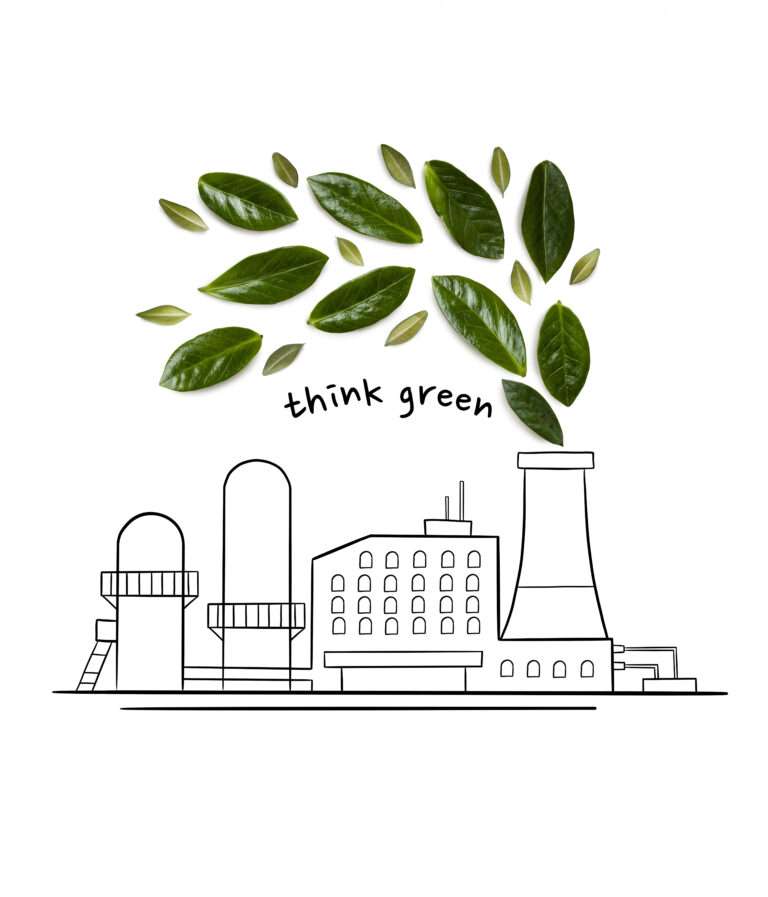In an era where environmental consciousness is becoming paramount, the manufacturing industry is undergoing a profound transformation. The traditional image of manufacturing as a resource-intensive and environmentally taxing sector is evolving into a beacon of sustainability. The rise of green manufacturing is not merely a trend; it’s a paradigm shift that is reshaping the industry in profound ways.

Embracing Sustainability as a Core Value:
Sustainability is no longer an afterthought but a guiding principle for modern manufacturers. Companies are integrating eco-friendly practices into their core values, recognizing the importance of minimizing environmental impact while meeting the demands of an ever-growing market.
1. Energy Efficiency as a Cornerstone:
Green manufacturing places a strong emphasis on energy efficiency. Factories are investing in advanced technologies and streamlined processes that optimize energy consumption. From smart lighting systems to energy-efficient machinery, manufacturers are reducing their carbon footprint and operating costs simultaneously.
2. Circular Economy Principles:
The traditional linear economy model—take, make, dispose—is giving way to a circular economy approach. Manufacturers are increasingly adopting practices that prioritize recycling, reusing materials, and minimizing waste. This shift not only reduces environmental impact but also fosters a more sustainable and cost-effective production cycle.
3. Sustainable Materials and Responsible Sourcing:
The materials used in manufacturing play a crucial role in determining its ecological impact. Green manufacturers are actively seeking sustainable alternatives, such as recycled metals, biodegradable plastics, and responsibly sourced raw materials. This not only aligns with environmental goals but also resonates with consumers who prioritize ethical and eco-friendly products.
4. Innovations in Water Management:
Water, a precious resource, is gaining attention in the realm of green manufacturing. Companies are implementing innovative water management practices, including recycling and reusing water in production processes. This not only reduces the strain on local water sources but also ensures a more sustainable and responsible use of this vital resource.
5. Carbon Neutral Manufacturing:
The commitment to sustainability goes beyond individual processes; it extends to the overall carbon footprint of manufacturing operations. Companies are investing in carbon offset initiatives, renewable energy sources, and carbon capture technologies to achieve carbon neutrality. This holistic approach is not only environmentally responsible but also enhances the brand image of manufacturers.
6. Sustainable Supply Chains:
Manufacturers are recognizing that sustainability extends beyond their own operations to encompass the entire supply chain. Green manufacturing involves collaborating with suppliers who adhere to ethical and sustainable practices, ensuring that every component of the production process aligns with environmental goals.
Benefits Beyond the Bottom Line:
The adoption of green manufacturing practices isn’t just about appeasing environmental concerns; it also brings tangible benefits to manufacturers:
Cost Savings: Energy-efficient practices often result in reduced operational costs, contributing to financial sustainability.
Market Competitiveness: Consumers are increasingly seeking eco-friendly products. Manufacturers embracing sustainability gain a competitive edge in the market.
Regulatory Compliance: As governments worldwide tighten environmental regulations, green manufacturing ensures compliance and reduces the risk of penalties.
Challenges and Future Outlook:
While the rise of green manufacturing is encouraging, challenges persist. The transition to sustainable practices may require significant initial investments, and some manufacturers face resistance to change. However, the long-term benefits, both environmentally and economically, outweigh these challenges.
As we look to the future, the trajectory of green manufacturing is clear. The industry is becoming a leader in sustainable practices, demonstrating that economic prosperity and environmental responsibility can coexist. The rise of green manufacturing is not just reshaping the industry—it’s setting a new standard for responsible and forward-thinking business practices. In a world where sustainability is no longer a choice but a necessity, manufacturers embracing green practices are not just adapting to change; they are driving it.